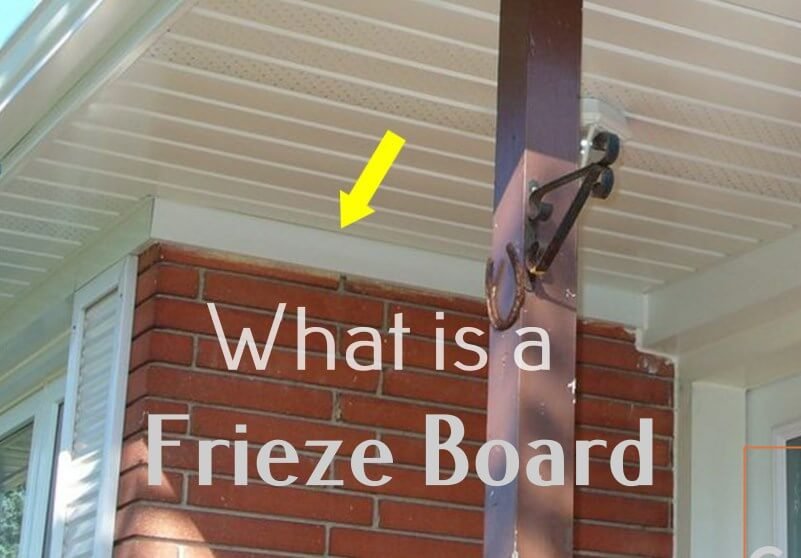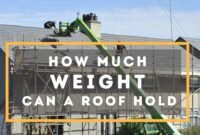Roofing terminology may not be your expertise. You can rely on this article to learn more about it. Well, in the article below, we will discuss a frieze board and understand some other details, such as the purpose of a frieze board.
What is a Frieze Board on a House?
To understand what each roofing term means, we need to put extra work into understanding the roofing aspects because there are so many aspects to understand.
But don’t worry because it is not as bad as we think. While more than 50 names can be remembered, it’d best to work on them individually.
A frieze board is a horizontal trim piece that runs along the top of a building’s exterior wall, just below the soffit. It covers the gap between the siding and the soffit, providing a finished look and additional weatherproofing.
For this article, we will discuss about a frieze board.

Simply put, frieze board is a board placed between the soffit and the side wall of the house. Typically, it is placed aligned with the wall, making it to be vertically placed. In general, it is placed flat without any angle to make, but it can be placed with an angle.
Aside from that, an exterior frieze board is also defined as a horizontal trim placed anywhere in/on the home’s exterior for decoration. The board installation process is straightforward, ensuring it fits perfectly between the siding and the soffit, providing both functional and aesthetic benefits.
What is the Purpose of a Frieze Board?
You may ask us why it is called a frieze board. The actual reason remains unbeknown to anyone, but at least we should know what purpose a frieze board has to offer.
Read also: What Is Roof Sheathing?
This board has three purposes: to be attached to the space between the soffit and the wall. The reasons will be explained below:
- First, it can be used just like a soffit does: to help let the moisture out from the gable underside and the rafters. Hence, your truss can be helped out by the moisture coming from rain and snow, which may cause mildew, mold, or even wood rot.
- The second purpose is to create a finished look for the house exterior. Since it is often placed in between the soffit and the upper side of the wall siding, a frieze board can magically be used to cover gaps.
- The frieze board can also conceal siding colors or styles that may be tricky to conceal. Hence, the frieze board can be used as a trim, breaking the two elements.
What materials are used to make this board? You can choose various materials to create a frieze board material, but many people typically choose wood, like cedar. However, this material is not the best since you may need to keep the wood from rotting, being ruined by insects, or other types of damage.
Comparison of Materials
| Material | Advantages | Disadvantages |
|---|---|---|
| Wood | Traditional look, easy to paint | Prone to rot and insect damage |
| Fiber Cement | Durable, low maintenance, weather-resistant | Heavier, more expensive |
| Synthetic | Lightweight, resistant to moisture and insects | Can be less aesthetically pleasing |
Read also: Raising the Roof on a House
Frieze board can also be made from aluminum, engineered trim, or fiber cement. These three materials can help the frieze board remain intact even without extensive maintenance.
Personal Experience and Expert Insights
First-Hand Knowledge
In numerous construction projects, I’ve observed that frieze boards can significantly transform a building’s appearance while offering essential protection. For instance, installing fiber cement frieze boards in a recent project improved both the home’s curb appeal and durability.
Expert Insights
An expert once shared, “Frieze boards are not just decorative trim; they play a crucial role in protecting the structural integrity of a home by sealing gaps and preventing water infiltration.”
Conclusion
Frieze boards are vital in residential construction, offering functional and aesthetic benefits. They protect against weather damage, enhance insulation, and add a finished look to a home’s exterior. By understanding their purpose and following proper installation techniques, homeowners can ensure their frieze boards perform effectively and enhance their property’s curb appeal.


